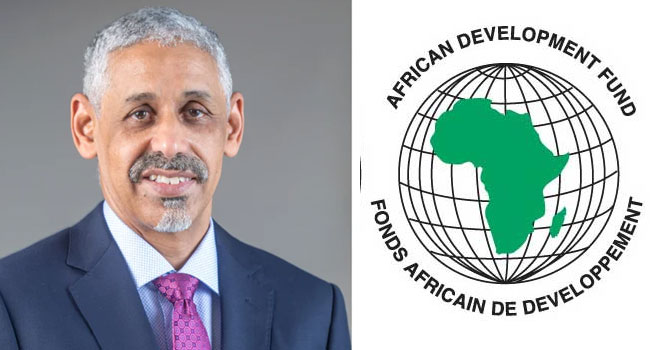According to the World Bank, seventeen African governments have approved reforms and action plans to improve access to electricity under Mission 300.
The initiative, which aims to connect 300 million Africans by 2030, is led by the World Bank Group and the African Development Bank Group.
On Wednesday, the commitments were made public at the New York-based Bloomberg Philanthropies Global Forum.
Benin, Botswana, Burundi, Cameroon, Ethiopia, Gambia, Ghana, Guinea, Kenya, Lesotho, Mozambique, Namibia, So Tomé and Principe, Sierra Leone, and Togo all signed the new Energy Compacts.
These blueprints, according to the World Bank, will guide public spending, spur reforms, and entice private investment in national electricity projects.
“Growth And Opportunity”
According to the World Bank, Mission 300 has connected 30 million people, with 100 million more still connected, as of its release.
Ajay Banga, president of the World Bank, said that “electricity is the foundation of jobs, opportunities, and economic growth.”
CBN also warns that Naira Abuse “inflates printing costs.”
He emphasized that Mission 300 is more than just a goal, adding that it will “slash costs, strengthen utilities, and draw in investment.”
The quickest multiplier is “reliable, affordable power for small and medium enterprises, agro-processing, digital work, and industry.” You’ve given a young entrepreneur a paycheck, according to AfDB President Dr. Sidi Ould Tah.

Mission 300’s guiding principles for energy compacts are specific to each nation’s infrastructure, funding, and policy requirements.
Similar compacts were approved earlier this year by Chad, Côte d’Ivoire, Liberia, Liberia, Liberia, Madagascar, Malawi, Mauritania, Niger, Nigeria, Senegal, Tanzania, and Zambia.
Leaders’ National Commitments
As a fundamental national need, Botswana’s president Duma Boko pledged access to affordable, reliable, and affordable energy.

Paul Biya, president of Cameroon, pledged to support renewable energy in order to promote sustainable development and universal access.
By 2030, Comoros’ President Azali Assoumani vowed to have universal access to electricity.
Denis Sassou Nguesso, president of the Congo, urged investors to exploit the country’s vast hydro potential for exports of regional power.
Taye Atske Selassie, president of Ethiopia, emphasized regional cooperation and renewable energy growth.
Adama Barrow, the president of the Gambia, pledged to increase renewable energy sources and strengthen governance.

John Mahama, president of Ghana, cited equal opportunities and universal access as two key factors.
Mamadi Doumbouya, president of Guinea, promised to use trustworthy, clean energy to spur industrialization, particularly in the mining sector.
Under Kenya’s economic agenda, Kenya’s president, William Ruto, pledged to have 100% renewable energy by 2030.

Sam Matekane, the prime minister of Lesotho, described universal renewable access as the nation’s cherished right.
Daniel Chapo, president of Mozambique, stated that his nation is on track to meet goals and establish regional dominance.

The compact, according to Sierra Leone’s president Julius Maada Bio, is the country’s most ambitious energy plan.
To promote industrialization, Togo’s president, Faure Gnassingbé, pledged clean, affordable power to everyone.
Américo dos Ramos, the prime minister of So Tomé and Principe, aimed to raise $ 190 million from private investors.
Source: Channels TV

Leave a Reply